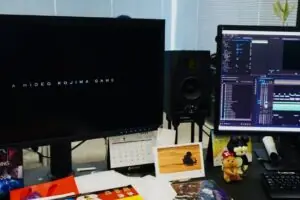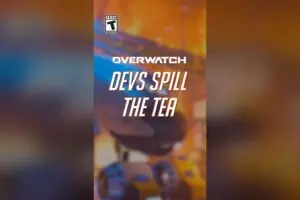OGN was founded twenty years ago as the world’s first esport and gaming television program, stemming from the heart of competitive scene of Starcraft in South Korea where it flourished and thrived as the root of the esport scene that ultimately led to Twitch flourishing and becoming the juggernaut of streaming that it is today.
We’re discussing history and pedigree in spades, a foundation of the current scene of esports and streaming, and they’re reportedly shutting down at the end of 2020. Yet another mark has been made against history, with the pandemic forcing difficulties across a wide array of mediums struggling against events not occurring which limits income.
This, combined with many companies now taking the reigns of their own league’s for the video games has led third-person led esports, via tournament organizers such as OGN, to falter. Blizzard’s own Overwatch has the self-contained Overwatch League, and Riot is presumed to take the reigns for Valorant when they’re ready to reveal what the official League will look like, and how it will play out.
That this occurs shortly after Starcraft 2 was announced to no longer be receiving additional content updates, while the professional Starcraft scene has been readily drying up over the past months and years, could have a heavier hand than many are considering at the moment, yet it frankly doesn’t change much.
In a time where video games are readily pulling in more money than Hollywood and the music industry combined, a literal OG of esports has been reported to be closing on December 31, 2020. There is no return readily plausible once the plug is pulled, and courting VCs (as is typically done within esports) seems a similarly difficult venture.
An OGN official has rejected the notion that has been widely reported on the South Korean sports outlet Naver, stating that the closing of OGN is under review, yet currently ‘unfounded’.
OGN has been a pillar of the industry since it began, blazing a newly found trail for tournament organizers to follow such as ESL and LCK, and the fond memories that many now well-known casters and analysts have of the South Korean juggernaut are now being reflected upon at large across multiple mediums.
Other organizers that rely heavily upon tournaments and viewership will likely be taking a hard look at how OGN, if the statements and reports are true, could have avoided this closure. It seems baffling that these reports would come at a time where the industry appears, from all seen financial statements, to be stronger than ever before.





